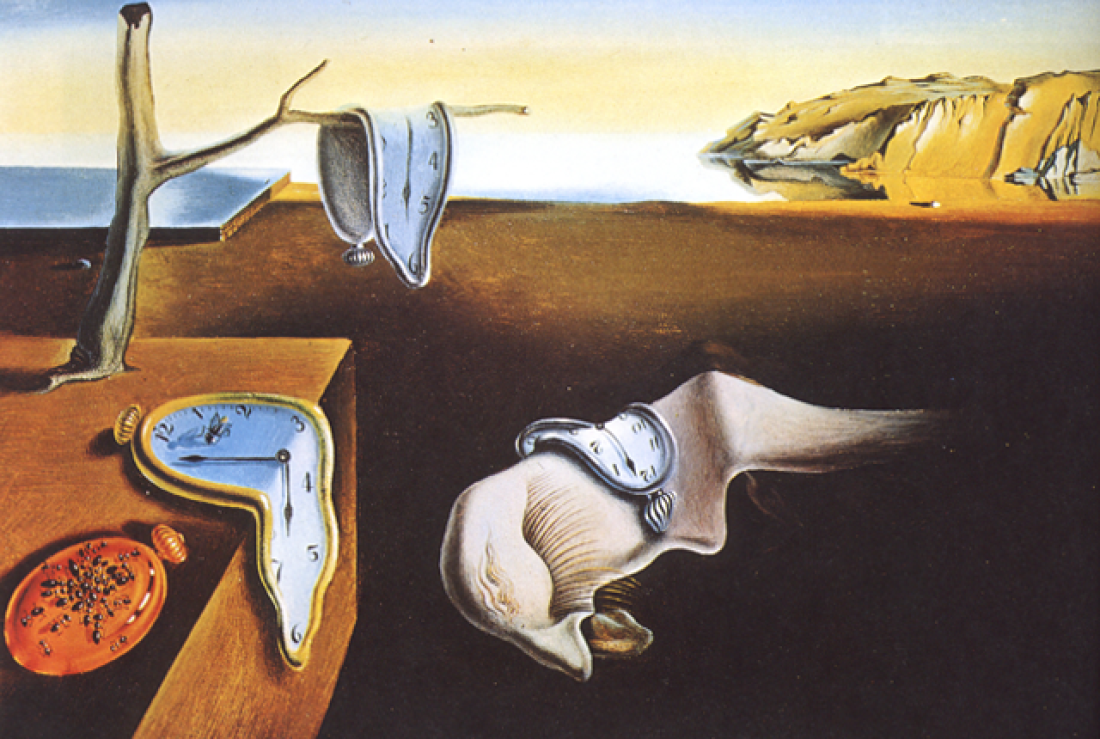
HAPPY NEW YEAR everyone!
Perhaps you think I am getting confused about time. This is not January 1 nor is it the lunar new year or the beginning of the Muslim year. But this is the beginning of a new year for the Catholic Church.
Last week we celebrated the Feast of Christ the King and the last Sunday of the outgoing Church year. Today is the First Sunday in Advent and the beginning of a new Church year. It is also the beginning of a new cycle of prayers and Scripture readings, Cycle C.
Advent comes from the Latin adventus which is a translation of the Greek word parousia, commonly used to refer to the Second Coming of Christ. The season offers the opportunity to share in the ancient longing for the coming of the Messiah, and to be alert for his Second Coming. This is reflected in our readings for this first Sunday of Advent.
The First Reading and the Gospel both talk about a time when the Lord comes—for justice. The First Reading from the prophet Jeremiah proclaims;
In those days Judah shall be safe
and Jerusalem shall dwell secure;
this is what they shall call her:
“The LORD our justice.”
In the Gospel, Jesus warns people not to be overcome with the pleasures and anxieties of the world but to be ready for his coming. In his second coming Jesus will set things right, and ransom those who “can stand up straight and stand secure before the Son of Man.
Beware that your hearts do not become drowsy
from carousing and drunkenness
and the anxieties of daily life,
and that day catch you by surprise like a trap.
For that day will assault everyone
who lives on the face of the earth.
Be vigilant at all times
and pray that you have the strength
to escape the tribulations that are imminent
and to stand before the Son of Man.h.
In order that we may be ready for Christ at his second coming, St. Paul in the Second Reading, exhorts us:
Brothers and sisters:
May the Lord make you increase and abound in love
for one another and for all,
just as we have for you,
so as to strengthen your hearts,
to be blameless in holiness before our God and Father
at the coming of our Lord Jesus with all his holy ones. Amen.
The texts for this first Sunday of Advent are warning about the end of the world inasmuch as they are commentaries on living in the present. Jesus’ words are a wake-up call telling us to be present in any given moment and being decisive about the present. Since we do not know the hour or the day, let this be the hour, let this be the day, let this be the time that we live and die. This day, this moment, this life, is the time to bear fruit. Thus, the essence of Advent spirit is readiness for action: watchfulness for every opening, and willingness to risk everything for freedom and a new beginning. We should all work and capture every opportunity for the elimination of disease, poverty, injustice and death itself although this will only be fully realized at the second coming of Jesus Christ.
An appropriate phrase that captures the Advent spirit is carpe diem. Carpe diem is a Latin aphorism, usually translated “seize the day”, taken from book 1 of the Roman poet Horace’s work Odes, written 23 years before Christ. The phrase is part of the longer carpe diem, quam minimum credula postero, which can be translated as “Seize the day, put very little trust in tomorrow (the future)”. The ode says that the future is unforeseen and that one should not leave to chance future happenings, but rather one should do all one can today to make one’s future better. [1]
In our world today we see a lot of suffering and disease, injustice, poverty and war. Our nation is in darkness, we are in a crisis. The temptation is to sulk into the present and linger in our frustrations, anger, despair, anxieties. Worst is to be passive and thus justify the greed, lust, pride around us. So we no longer condemn the evil around us and no longer appreciate the beauty and blessings around us. We no longer hope, no longer wait, no longer expect. We’ve stop living and dreaming.
Advent seeks to awaken us from our weakening spirit, passive attitude and fatalistic mindset. Advent seeks to instills in us defiant hope, transformative attitude and patient confidence in God’s action. Advent reminds us that we can look forward from our darkness to the fact that God’s Light will always overcome the darkness of the world (Isaiah 9, 1 – 7). We just have to learn how to wait for God’s grace, long for Jesus’ power and actively prepare for the coming of the Kingdom of the Messiah.
[1] Carpe Diem, Wikipedia, accessed 1/12/2018 at https://en.wikipedia.org/wiki/Carpe_diem




